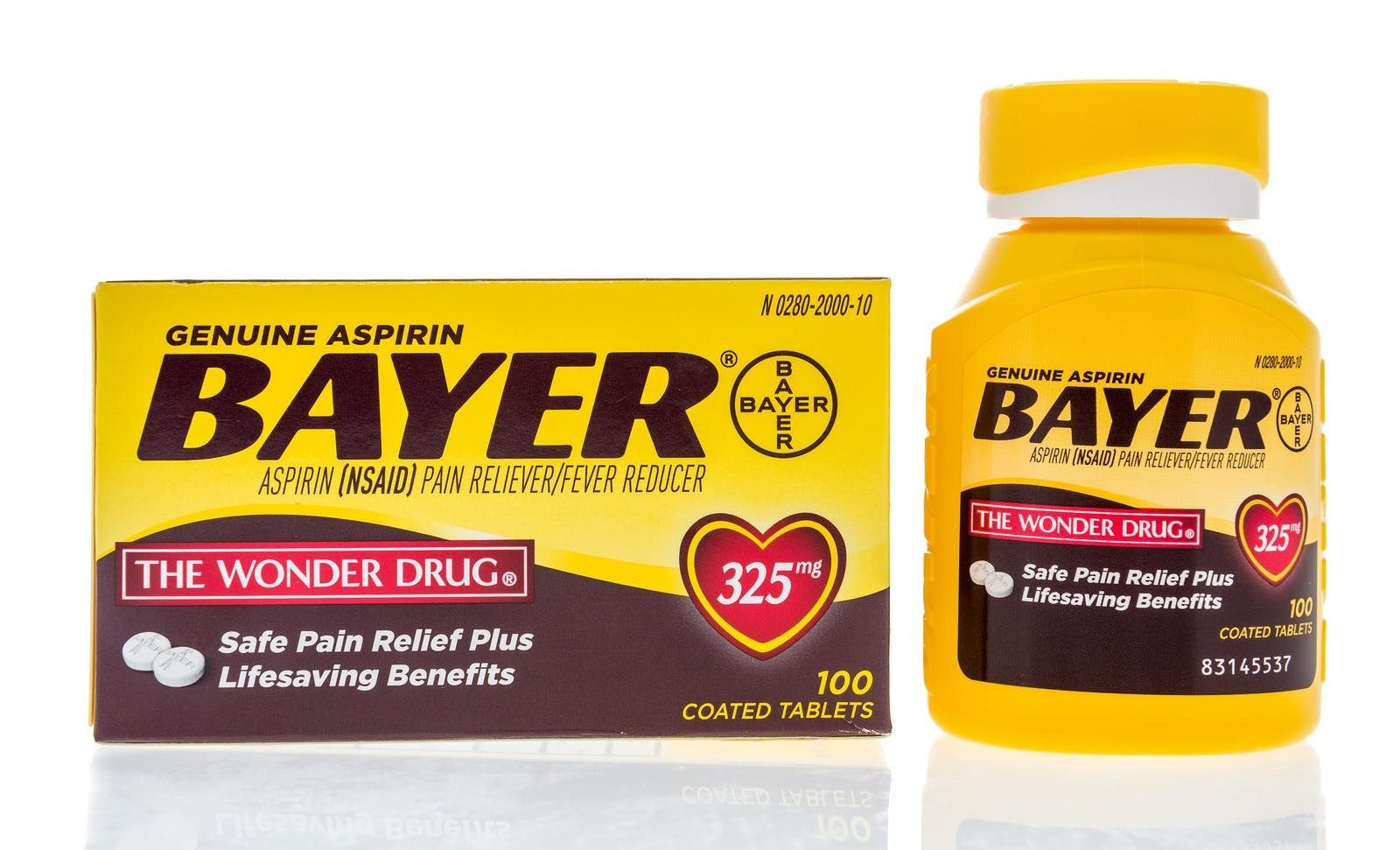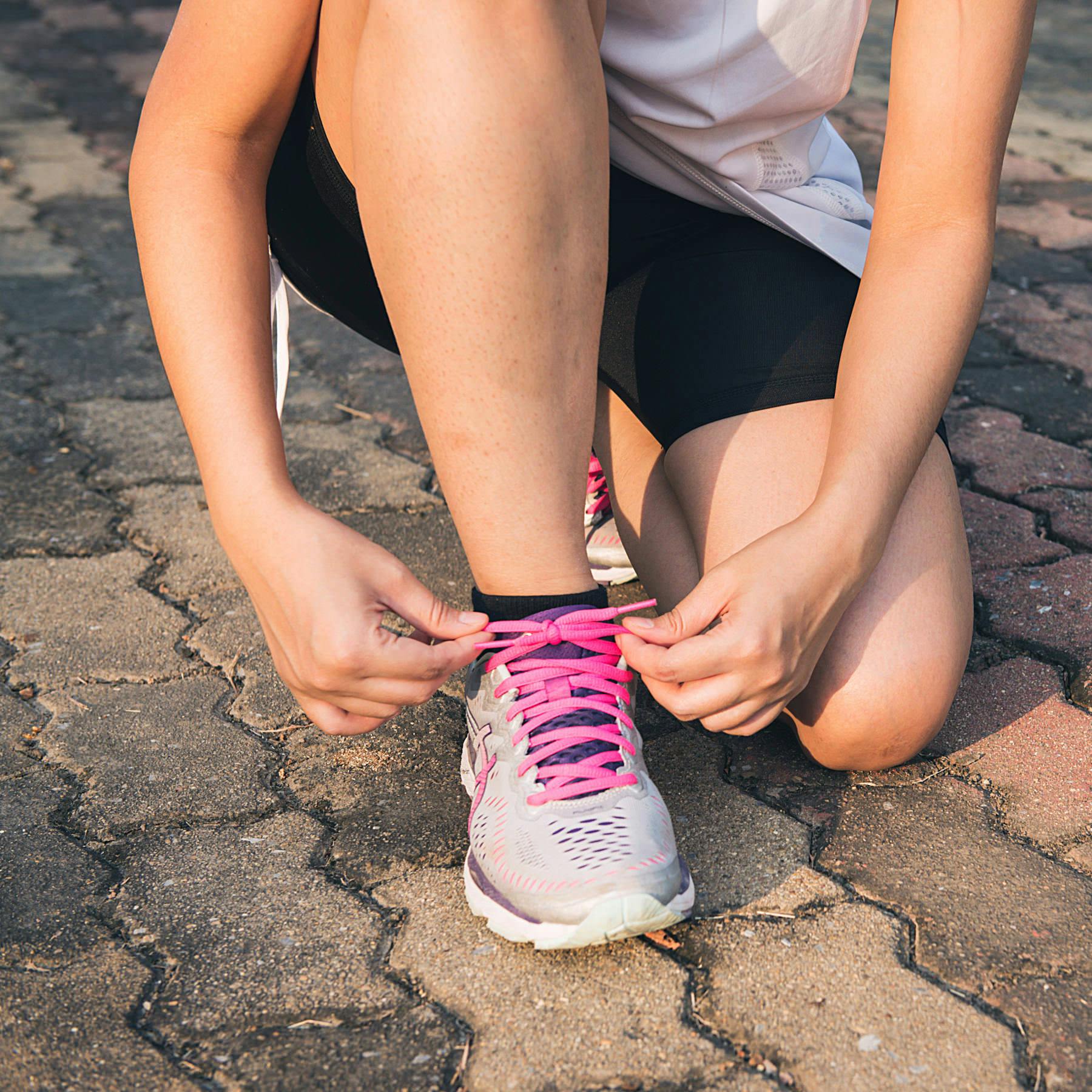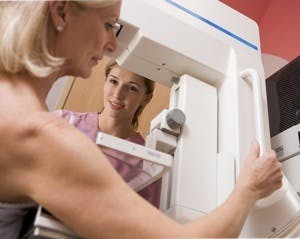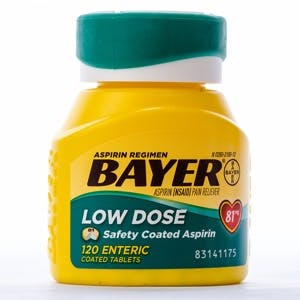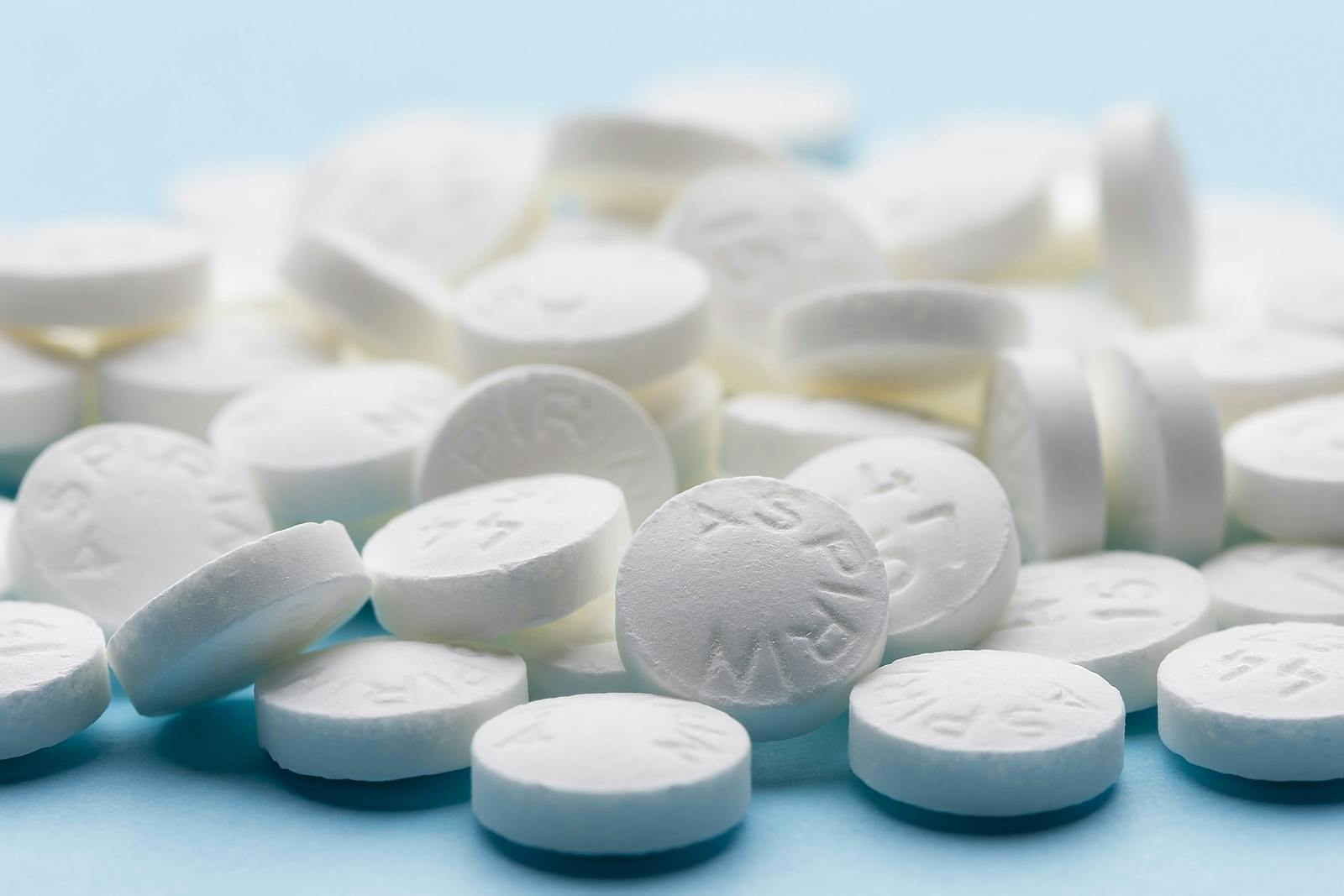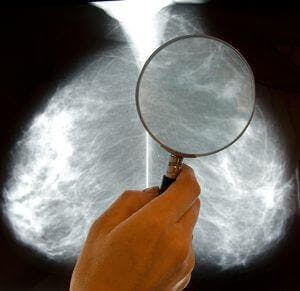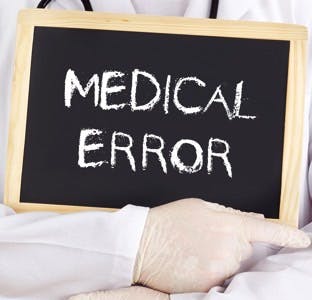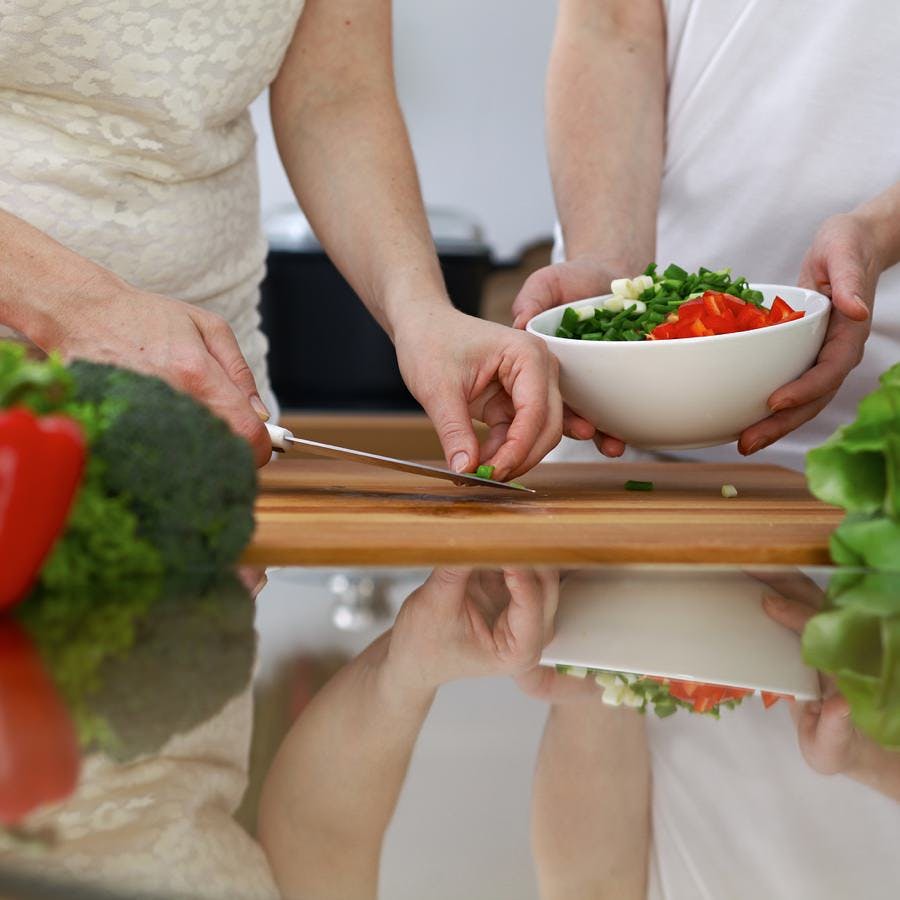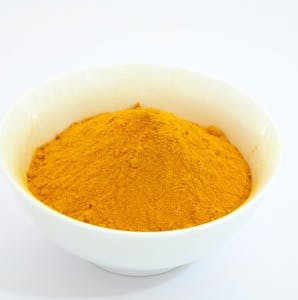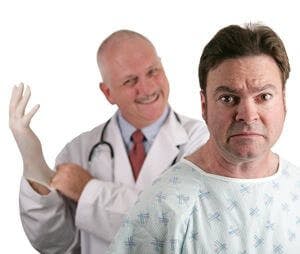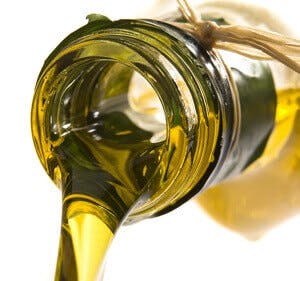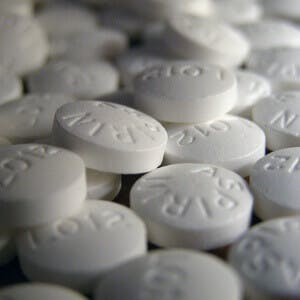Articles categorized as Breast Cancer
Aspirin and Cancer: The Overlooked Protection Hiding in Plain Sight
For more than 30 years, evidence linking aspirin against cancer has grown stronger. Why does medicine hesitate to take it seriously?
Heart Attacks = Cardiac Rehab! Why Doesn’t Cancer = Cancer Rehab?A
If cardiologists almost always prescribe cardiac rehab, why don't oncologists prescribe cancer rehab? The benefits are equally impressive!
Why Is Hormone Replacement Therapy So Controversial?
Women suffering from severe hot flashes may take hormone replacement therapy. A study shows they are no more likely to die than women who avoid HRT.
Does Regular Vigorous Exercise Cut the Chance of Cancer Spread?
Vigorous exercise increases tissue glucose usage, making it harder for tumors to spread. New research proves exercise works against cancer!
If Raloxifene Prevents Bone Loss AND Breast Cancer, Why Is It Forgotten?
Have doctors forgotten about raloxifene? This drug fights both osteoporosis AND breast cancer and doesn't raise the risk for uterine cancer.
What Is the Best Treatment for DCIS?
Ductal carcinoma in situ, or DCIS, poses a dilemma for doctors and patients: to treat or not to treat? What treatment is best?
Show 1400: Exposing Blind Spots: Unmasking the Myths of Modern Medicine
When doctors' recommendations are based on scientific evidence, they hold up. But blind spots that rely on dogma instead are a problem.
Will Eating Junk Food Put You at Risk for Cancer?
A diet high in junk food like soda pop or salty snacks significantly increases the risk of several types of cancer .
The Resurrection of Aspirin as an Anticancer and Pregnancy Drug
We used to say that aspirin was the Rodney Dangerfield of drugs...it didn't get much respect. Aspirin as an anticancer agent should!
How Do You Weigh the Benefits and Risks of Aspirin?
Before starting a daily regimen, carefully consider the benefits and risks of aspirin. Will you be helped or harmed by this amazing drug?
Show 1341: Lessons Learned from Long Illness
Millions of Americans suffer with long illness. Conventional medicine doesn't always have treatments for these conditions.
New Guidelines Recommend Women Start Screening Mammograms at 40
The USPSTF now recommends that women have screening mammograms every two years, beginning when they turn 40.
Will Statin Drugs Help Fight Cancer?
Scientists are learning how statin drugs may work against both breast and prostate cancer. Statins may help against many other cancers too.
Do People Who Skip Meat Have a Lower Chance of Cancer?
People who skip meat in favor of fish, dairy or vegetable protein seem less likely to develop cancer of the breast, prostate or colon.
Do Doctors Tell the Truth About Medical Mistakes?
Medical mistakes are more common than most people realize. Do doctors disclose their errors or try to pretend they never happened? Read the latest study.
Do Hair Care Products for Black Women Raise Risk of Breast Cancer?
Hair care products marketed to Black women are likely to contain paraben preservatives. In laboratory research, breast cancer cells react.
COVID-19 Vaccine May Give False Positive Mammograms
Vaccination may lead to swollen lymph nodes on the same side as the shot. Radiologists are learning to recognize such false positive mammograms.
Hair Dyes and Cancer? Is the Risk Real?
Researchers have found that women who use permanent hair dye frequently are more likely to be diagnosed with breast cancer. This is not new news!
Do Onions and Garlic Cut the Risk of Breast Cancer?
Epidemiologists find that Puerto Rican women who eat lots of onions and garlic have a lower chance of breast cancer.
Should You Take a Drug to Prevent Breast Cancer?
The USPSTF says a woman at high risk can benefit from taking a drug to prevent breast cancer. A woman whose risk is low will probably benefit very little.
Will Oolong Tea Prevent Breast Cancer?
Scientists have discovered that green and oolong tea extracts inhibit the growth of breast cancer cells. Perhaps oolong tea could prevent breast cancer.
Do NOT Trust People Smiling During Drug Commercials
Do you ever watch drug ads on TV? It's hard to avoid them. If you pay attention you will discover a lot of smiling during drug commercials. Why is that bad?
Are Organic Food Enthusiasts Protected from Cancer?
People who eat organic food more often are less likely to come down with cancer, according to a big French study.
Will Extra Vegetables Protect You Against Breast Cancer?
Women who eat extra vegetables on a regular basis lower their chance of developing breast cancer. Cruciferous veggies like bok choi, broccoli and cauliflower are especially helpful.
Can Acupuncture Help Your Joint Pain?
Scientists try to find out can acupuncture help your joint pain due to aromatase inhibitors. These are commonly used to treat breast cancer.
Can Women Lower Breast Cancer Risk with Vitamin D?
Women with circulating vitamin D levels of 60 ng/mL or higher had a significantly lower breast cancer risk than those with vitamin D levels of 20 or below.
Can You Skip Chemotherapy for Breast Cancer?
A study shows that women over 50 with a common type of breast cancer and an intermediate score on a genetic test could skip chemotherapy and just take anti-estrogen drugs.
Super Immune Therapy Gave One Woman Her Life Back
A special immune therapy using a patient's own T-cells was able to reverse Ms. Perkins' metastatic breast cancer and return her to health. Will it work for others?
Could Foods Block the Benefit of Breast Cancer Treatment?
Some natural estrogen-like compounds in food can interfere with a combination breast cancer treatment, palbociclib and letrozole.
Do Oral Contraceptives Cause Breast Cancer? The Answer Is Finally In!
Tens of millions of women have taken oral contraceptives over the last few decades. Did they increase their risk for breast cancer? Read the new research.
How Helpful is Lymph Node Removal During Breast Cancer Surgery?
Far too many women die from breast cancer every year. A key part of treatment is often lymph node removal. Controversial news on this surgical procedure.
How Many Breast Cancer Survivors Suffer Nerve Pain?
Two-fifths of breast cancer survivors in a recent study reported troubling nerve pain two years after treatment with chemotherapy.
Can Curcumin in Turmeric Fight Pancreatic Cancer?
Curcumin is the active ingredient in turmeric. It has shown intriguing activity against breast, prostate & colorectal cancer. What about pancreatic cancer?
Hair Dye & Breast Cancer?
Tens of millions rely upon hair dye to provide a more youthful appearance. But is there a connection between hair dye & breast cancer? New research say yes.
What Is the Link Between Drinking and Breast Cancer?
A major review of more than 100 studies found a disturbing connection between drinking and breast cancer in both pre- and postmenopausal women.
How Does Bisphenol A Affect Breast Cancer?
Breast cancer cells exposed to the endocrine disruptor bisphenol A grow faster and resist normal chemotherapy.
Is Bisphenol S Just as Risky as Bisphenol A?
Replacing the endocrine disruptor bisphenol A with bisphenol S instead may not make plastic or paper receipts safer. BPS could make breast cancer worse.
Do Mammograms Lead to Overdiagnosis of Breast Cancer?
A Danish study suggests that routine mammography may lead to breast cancer overdiagnosis and treatment of tumors that are not dangerous.
How to Make Sense of New Prostate Cancer Research Results
Should men have PSA tests? What if a diagnosis of prostate cancer is made? Is it best to have surgery, radiation or watch and wait? Answers to these Qs.
Staying Active Can Help Prevent Chronic Health Problems
People who engage regularly in moderate to vigorous physical activity are less prone to chronic health problems such as heart disease or diabetes.
How to Overcome Fatigue with Acupressure
Women taught to do acupressure on themselves using relaxation or stimulation points were able to overcome fatigue from breast cancer treatment.
How Acupuncture Helps Women with Breast Cancer
Breast cancer treatment can result in severe hot flashes, but acupuncture helps women manage this challenging complication.
Should Breast Cancer Patients Avoid Aluminum Antiperspirants?
There is a surprising amount of research suggesting that aluminum is not healthy for humans. Do antiperspirants pose a risk for breast cancer patients?
Ultrasound Can Help Diagnose Breast Cancer
When mammograms falter with dense breast tissue, ultrasound can help make an accurate diagnosis of invasive breast cancer.
Conflicting Advice on Mammograms
How soon and how often should a woman have screening mammograms? Various organizations have offered conflicting guidelines on mammograms.
Luteolin from Vegetables Reduces Breast Cancer Risk
Parsley and thyme contain luteolin, which can lower the likelihood of breast cancer in women exposed to postmenopausal hormone replacement therapy.
Electroacupuncture Treatment for Hot Flashes Following Breast Cancer
Electroacupuncture in which the needles carry a weak electrical current reduced hot flashes due to breast cancer treatment more than gabapentin.
Timing of Mammograms Remains a Contentious Topic
The American College of Physicians has weighed in on mammograms: every other year starting at 50 for women at average risk of breast cancer.
Study Shows When Women with Dense Breasts Need Extra Breast Cancer Screening
Dense breast tissue is a risk factor for breast cancer, but not all women with dense breasts benefit from extra screening. A new study shows who will.
Rosehips Offer Promising Approach to Preventing Deadly Breast Cancer
In the future, it may be possible for women to lower the likelihood of triple negative breast cancer by taking rosehip extract.
Adding Aromasin to Ovarian Suppression Improves Cancer-Free Time for Breast Cancer Patients
Aromasin used to suppress hormones was more effective than tamoxifen in preventing breast cancer recurrence, but also had more side effects.
Low-Dose Aspirin Inhibits Breast Cancer
Aspirin inhibits triple-receptor negative breast cancer cells and boosts action of tamoxifen on estrogen-receptor positive breast cancer cells.
Hormones & Breast Cancer: The Verdict Is In!
Women who took hormone replacement therapy in the Women's Health Initiative study had a higher risk of breast cancer than those who took placebo.



